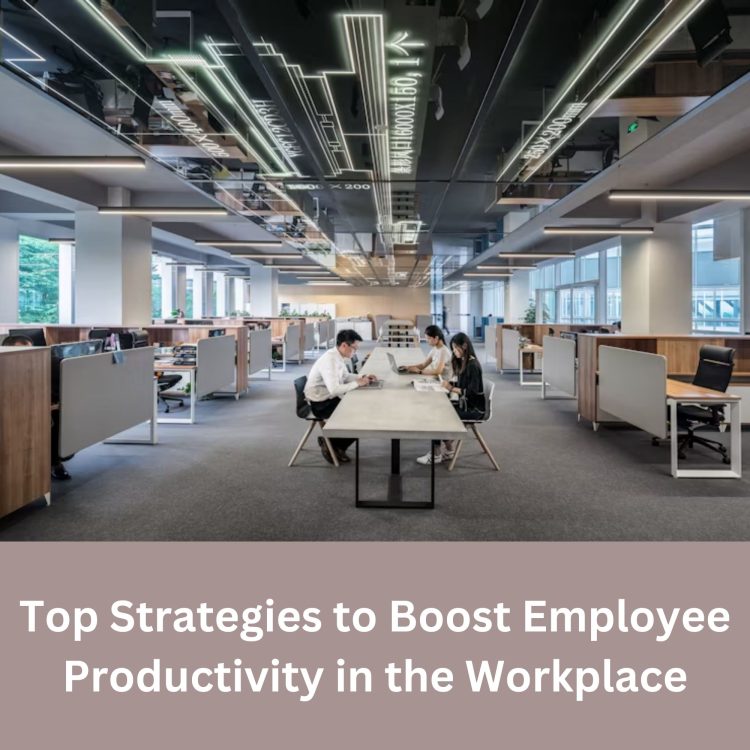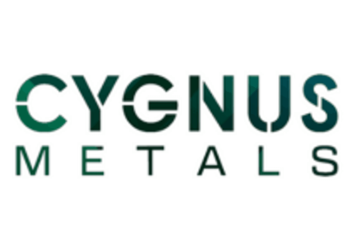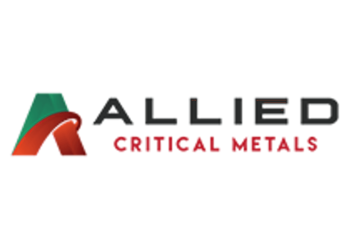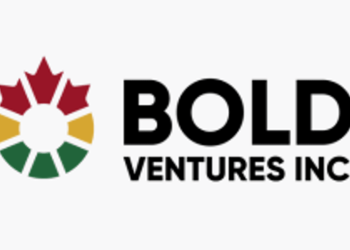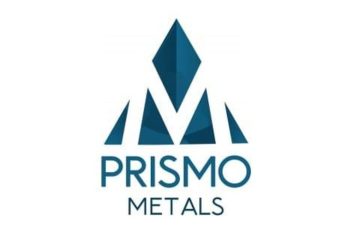Last Updated on:
Boosting employee productivity is essential for the growth and sustainability of any business. In today’s competitive market, companies are constantly seeking innovative ways to enhance efficiency and ensure employee satisfaction. This article examines proven strategies that have effectively improved workplace productivity, focusing on flexible work schedules, collaborative environments, and essential modern amenities.
The transition to flexible work schedules has marked a significant shift in modern employment practices. A study by Airtasker found that employees with flexible working arrangements reported higher productivity levels, working 1.4 more days per month than their office-bound counterparts. Flexible hours allow employees to work during periods they feel most productive, whether early morning or late at night, leading to better output and reduced workplace stress.
Collaborative spaces are designed to encourage interaction and teamwork. These areas are equipped with tools that promote communication and idea exchange, such as whiteboards, open seating arrangements, and adequate technological support. The effectiveness of these spaces in fostering innovation is supported by research indicating that companies emphasizing collaboration are five times more likely to be high performing.
One key to maintaining high energy levels and alertness among employees is the availability of premium amenities, such as quality coffee machines. Integrating the best commercial bean to cup coffee machines into the workplace can enhance focus and provide employees with the stimulation needed to power through demanding tasks. Coffee breaks also encourage informal interactions among colleagues, which can lead to spontaneous ideas and solutions.
Workplace wellness programs have shown to significantly impact productivity by improving overall employee health. Programs that include regular fitness classes, ergonomic workspace assessments, and mental health resources help in reducing absenteeism and enhancing employee engagement. Companies that invest in comprehensive wellness programs often see a return on investment through decreased healthcare costs and improved employee performance.
The integration of advanced technology and automation tools is crucial in streamlining operations and enhancing productivity. Software solutions that automate routine tasks can save valuable time and reduce errors, while tools like project management software enhance organisational efficiency. Embracing digital transformation has enabled businesses to manage workflows more effectively and keep employees focused on their core responsibilities.
To cultivate a productive and engaging work environment, businesses must consider a holistic approach that includes flexible work policies, collaborative workspaces, modern amenities, robust wellness programs, and the strategic use of technology. These strategies not only boost productivity but also contribute to a culture of well-being and innovation, attracting and retaining top talent in the process.

